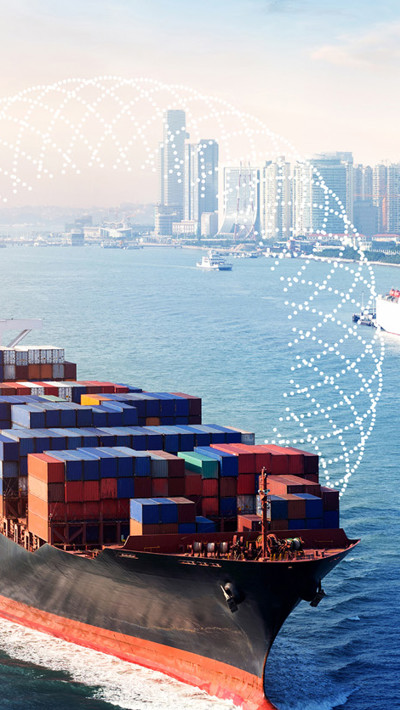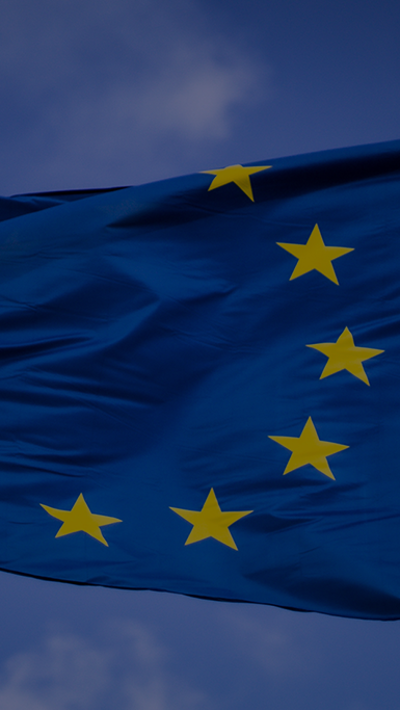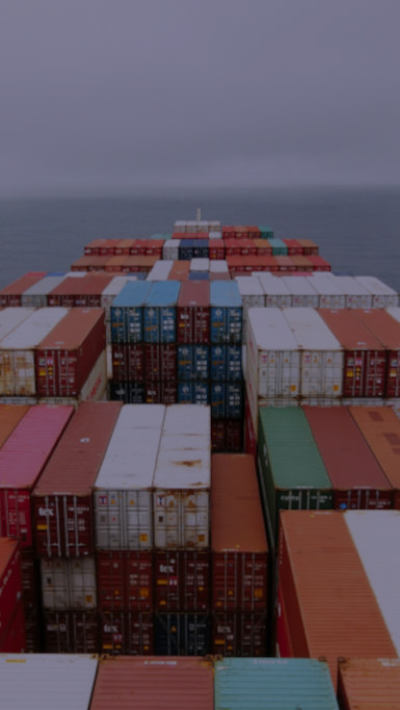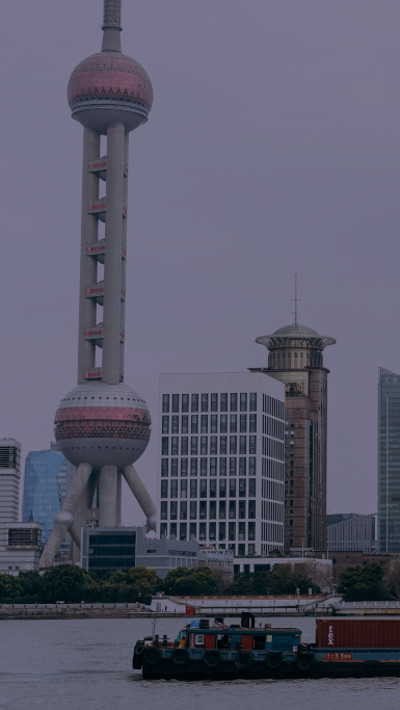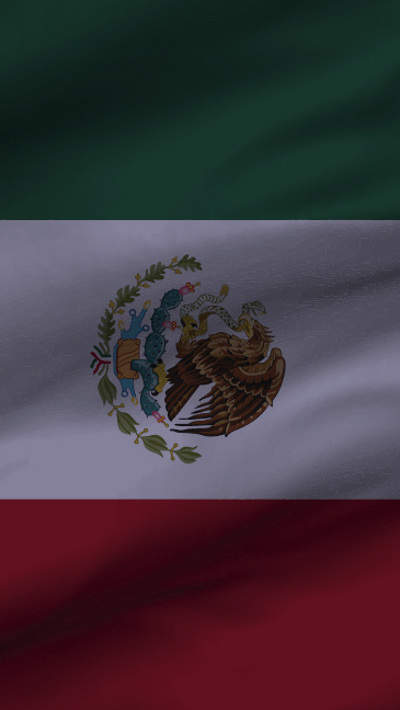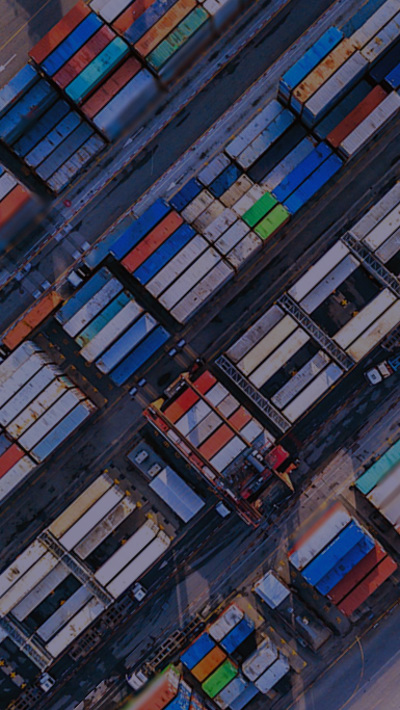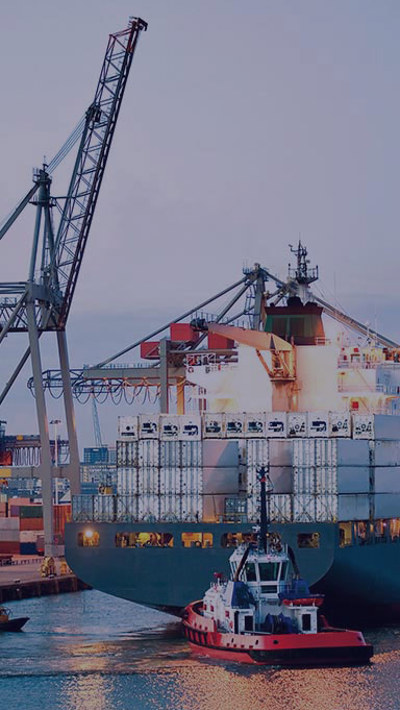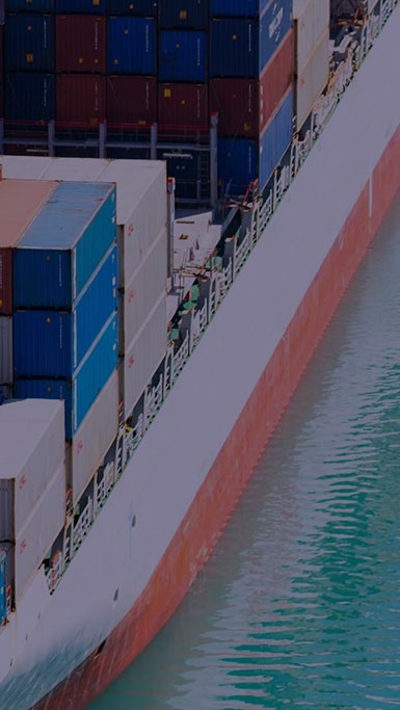Speak to our experts
Contents
As geopolitical tensions have increased, sanctions are being resorted to more often and have become more difficult to navigate.
Sanctions risks and compliance issues for companies are being complicated by the divergence between the United States (US) and key European allies on major foreign policy issues.
Post-Brexit, the United Kingdom (UK) is diverging from the European Union’s (EU) sanctions policies. Canada and Australia are now using their own autonomous sanctions regimes. And, most recently, we are seeing sanctions risks even when no country is involved, such as in payment of ransomware.
We set out recent developments.
How overseas sanctions affect New Zealand importers and exporters
New Zealand confines itself to the implementation of United Nations Security Council sanction decisions, imposing no sanctions of its own. But we are affected by what other countries do in a variety of ways.
Impacts most commonly arise where a business is either buying or selling goods, directly or through an intermediary, from or to a country or entity that is sanctioned under foreign law. For example, a New Zealand company could inadvertently violate US law if it:
- sells goods to an individual or entity who has been designated by the US and placed on that country’s sanctioned list (SDN List) or
- transacts in US dollars to either buy or sell goods to a country subject to US sanctions, such as Iran or Cuba.
US regulations also require US ports of entry to detain any shipments (regardless of where they are from) containing, among other things, products made in whole or in part with cotton produced by the Xinxiang Production and Cotton Corps (XPCC). A similar order applies with respect to silicon.
Other impacts might not involve any risk of a legal breach, but commercial disruption can be significant. For example:
- a company may have its supply chains disrupted, potentially costing time and money. For example, the EU has banned imports of some types of tobacco from Belarus, requiring an importer to ship these products without transiting the EU, or
- a company’s bank might refuse to process a transaction if it considers the risk is too great, regardless of the legalities of the trade.
Countries are also becoming more assertive in responding to sanctions imposed on them. The EU, and most recently China, have introduced blocking statutes to shield domestic companies by prohibiting them from complying with another country’s sanctions. The effect is that by complying with US sanctions, a New Zealand company could unknowingly be breaching Chinese law.
China
In response to US and EU sanctions imposed on Chinese individuals and entities said to be responsible for serious human rights violations, China has introduced an Anti-Foreign Sanctions Law. Passed last month, the law formalises a series of administrative measures already launched that allow Chinese government officials to issue orders prohibiting Chinese companies from complying with foreign sanctions and export controls where the measure “unjustifiably prohibits or restricts” Chinese nationals from normal business relations with third countries.
The law requires Chinese entities (including the Chinese subsidiaries of foreign firms operating in China) that are negatively affected by foreign restrictions to report them to the Chinese Government.
If the Government determines that the foreign measures are “unjustified”, it will issue a prohibition order preventing them from being “accepted, executed, or observed” in China. Chinese nationals may claim compensation in Chinese courts from those complying with foreign sanctions or other measures (this could include a New Zealand company cancelling a contract to purchase cotton from a sanctioned entity because of US sanctions).
Relevance for New Zealand businesses
China’s Anti-Foreign Sanctions Law is aimed primarily at foreign law makers as it provides that countermeasures may be imposed on the organisations and individuals that are involved, directly or indirectly, in formulating, deciding on, or implementing foreign sanctions. But the net it casts may be much wider than this as the legislation applies to anyone “implementing” foreign sanctions.
This puts businesses that operate in the US, EU and China in a difficult position: by complying with US or EU sanctions on China, they may be violating Chinese law, exposing themselves to counter-sanctions by China and to other liabilities.
This has raised the complexity and risk of doing business in these economies, especially as sanctions and counter-sanctions are likely to proliferate in the context of intensifying US-China strategic competition. At risk, for example, may be clothing companies that are boycotting cotton allegedly produced by forced labour in Xinjiang.
The implications of China’s Anti-Foreign Sanctions Law will not be fully known until the supporting regulations have been introduced and there has been time to see how they are implemented. New Zealand companies which find themselves having to consider compliance with US or EU sanctions vis-à-vis Chinese individuals or entities should stay on top of developments in this regard.
Belarus
On 24 June 2021, the European Council agreed on broad economic sanctions against Belarus as a response to the forced landing of a civil flight to arrest an exiled journalist.
The sanctions target Belarusian industries, and include a ban on the supply to Belarus of specialised technological equipment and dual-use goods and technologies for military use, as well as restrictions on the exports of certain Belarusian petroleum products, potassium chloride (“potash”), tobacco and tobacco-related products.
These sanctions only apply to EU nationals and to contracts signed on or after 25 June 2021.
The US, UK and Canada announced additional sanctions against Belarus officials and entities in a move coordinated with Brussels to force the regime to “end its repressive practices against its own people”. However, these sanctions are less likely to impact New Zealand businesses as they are directed at officials as opposed to products.
Relevance for New Zealand businesses
New Zealand imported over NZ$20m of goods from Belarus in 2019.1 For the most part the sanctions should not impact these imports as they apply only within the EU’s jurisdiction to EU nationals, or persons located in the EU or doing business there.
Nevertheless, New Zealand businesses may experience supply chain delays or shortages as the sanctions prohibit the transport of affected products from Belarusian ports. New Zealand companies may also face delays if they are attempting to purchase an EU sanctioned product in Euros, as the sanctions prevent EU financial institutions from facilitating finance for the sale of certain products originating from Belarus.
Companies dealing with Belarus should also keep an eye out for any US developments in this space.
UK autonomous sanctions
On 26 April 2021, the UK government brought into force a new sanctions regime designed to target individuals involved in serious corruption and to prevent them from entering the UK or using the UK financial system.
Relevance for New Zealand businesses
The development of a distinct UK sanctions strategy makes sanctions compliance more complex for businesses established or operating in the UK. The UK and US/EU regimes are not identical, therefore compliance with one set of sanctions does not automatically mean compliance with another.
Myanmar sanctions
Earlier this year the US, EU, UK and Canada sanctioned individuals in Myanmar in response to the coup causing a change in government in Myanmar. Notably, Myanmar Economic Holdings Public Company Limited and Myanmar Economic Corporation Limited have been sanctioned by the US, and placed on the SDN List. These entities both have significant ownership structures throughout Myanmar, which include involvement in the mining, tourism, manufacturing, alcohol, cigarettes, and consumer goods sectors.
Under the EU Global Human Rights Sanctions Regime established on 7 December 2020, the listed individuals and entities are subject to an asset freeze in the EU. In addition, listed individuals are subject to a travel ban to the EU. Persons and entities in the EU are also prohibited from making funds available, either directly or indirectly, to those listed.
Though the rhetoric used by officials in all four jurisdictions has highlighted the importance of multilateralism in responding to the situation in Myanmar, their sanctions regimes all differ from each other. For example, not all have sanctioned the two Myanmar entities listed above. These differences will be important for businesses to navigate.
Relevance for New Zealand businesses
New Zealand’s trade relationship with Myanmar is small but has grown significantly in recent years. Exports increased from NZ$27m in 2015 to more than NZ$69m in 2020.2 Dairy products make up 90% of New Zealand’s exports to Myanmar.3
The greatest sanctions-related risk for New Zealand businesses appears to be dealing with persons or entities on the US SDN list in a situation where there is a US nexus (e.g. where US dollars are used for the transaction).
There is an issue in this regard with the lack of publicly available information about entities operating in Myanmar, which can make it difficult to be certain that counter-parties are not subject to sanctions, even for an exporter using automatic screening programmes. For this reason, where a company has any uncertainty about the identity of its counterparty in Myanmar, prudence suggests that companies dealing in Myanmar should avoid a US nexus.
Ransomware and sanctions
It has been reported that 15% of all ransomware payments made in the US in 2020 carried a risk of sanctions violations.4 As with other US sanctions, even though an entity paying the ransom may not be a US entity, the foreign company may still be affected by US sanctions.
Recently, the US Office of Foreign Asset Control (OFAC) has placed a number of known ransomware attackers on the SDN List and payments to these individuals or entities can put even foreign entities at risk of violating US sanctions.
Relevance for New Zealand businesses
US sanctions may affect New Zealand where dealings have a “US nexus”, such as:
- payment in USD, including either the ransom itself or payment for the purchase of digital currencies used for a ransom payment
- payment of a ransom which otherwise causes a US person to deal with persons or entities on the SDN list (e.g. engaging with a US-based digital currency exchange or intermediary to facilitate payment), or
- sanctions that target non-US persons who have dealings with certain designated individuals or entities (such as the Iranian Revolutionary Guard).
These developments highlight the importance of companies having a plan to guide key decision-makers in their evaluation of ransom payment strategy and other (e.g., corporate governance, securities law) compliance considerations.
Update on the Iran nuclear deal
Iran and six world powers, including the US and the EU, are negotiating to revive the 2015 Iranian nuclear deal known as the Joint Comprehensive Plan of Action, which was knee-capped when former US President Trump took the US out of the arrangement in 2018 and re-imposed sanctions.
Negotiations for the US to re-enter the agreement are progressing but differences remain over proposed US sanctions relief and the required nuclear steps by Iran.
Newly elected Iranian President Ebrahim Raisi has made encouraging noises and Iran's chief nuclear negotiator, Abbas Araqchi, has said representatives in Vienna are "closer than ever to an agreement", but that bridging the remaining gap was "not an easy job".5
Relevance for New Zealand businesses
The US sanctions on Iran target critical sectors of Iran’s economy, such as energy, shipping, shipbuilding, and finance.
There are some carve outs: there is no prohibition on trading non-sanctioned New Zealand goods with non-sanctioned Iranian persons, and there is a “humanitarian exception” to facilitate the sale of agricultural commodities, food, medicine or medical devices to Iran.
Nevertheless, international and domestic banks, insurers and transport companies have been hesitant to facilitate any transactions, meaning trade with Iran is currently limited.
How Chapman Tripp can help
If there was ever a time to think strategically in relation to international supply chains, it is now.
Known for providing a combination of strategic thinking and tactical advice, our dedicated international trade and investment specialists have advised New Zealand businesses on a range of sanctions, including those imposed by the UN as well as US sanctions in relation to Iran, Cuba, Venezuela, South Sudan, Russia and Belarus.
Our thanks to Tracey Epps and Danae Wheeler for writing this Brief Counsel.
1 The Ministry of Foreign Affairs and Trade “Belarus”
2 Statistics New Zealand, exports from New Zealand to Myanmar (2015) and (2020) in NZD.



